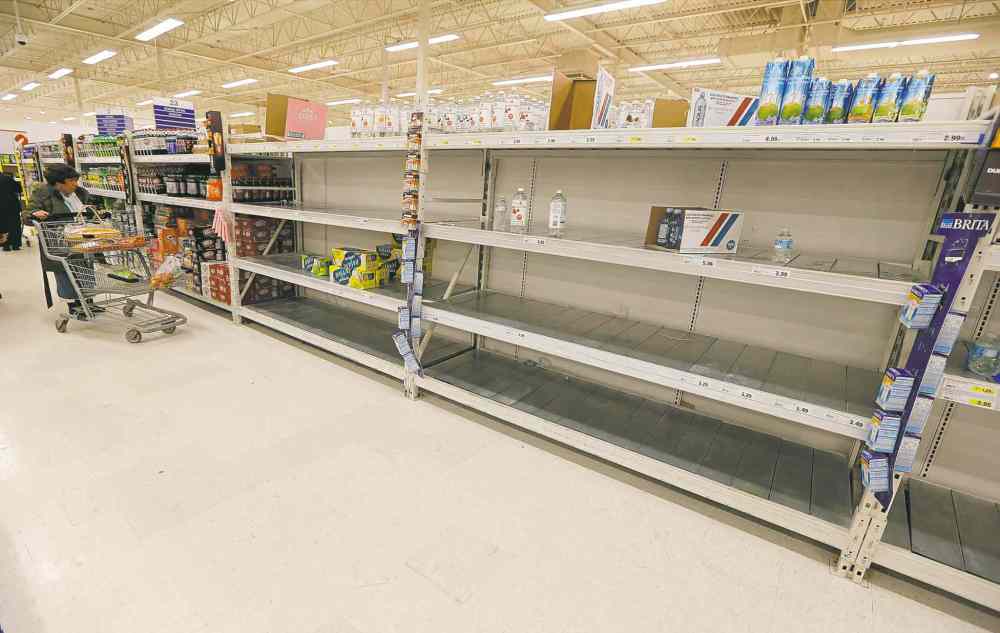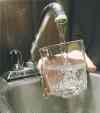Our inconvenience, their way of life
Advertisement
Read this article for free:
or
Already have an account? Log in here »
To continue reading, please subscribe:
Monthly Digital Subscription
$1 per week for 24 weeks*
- Enjoy unlimited reading on winnipegfreepress.com
- Read the E-Edition, our digital replica newspaper
- Access News Break, our award-winning app
- Play interactive puzzles
*Billed as $4.00 plus GST every four weeks. After 24 weeks, price increases to the regular rate of $19.95 plus GST every four weeks. Offer available to new and qualified returning subscribers only. Cancel any time.
Monthly Digital Subscription
$4.99/week*
- Enjoy unlimited reading on winnipegfreepress.com
- Read the E-Edition, our digital replica newspaper
- Access News Break, our award-winning app
- Play interactive puzzles
*Billed as $19.95 plus GST every four weeks. Cancel any time.
To continue reading, please subscribe:
Add Free Press access to your Brandon Sun subscription for only an additional
$1 for the first 4 weeks*
*Your next subscription payment will increase by $1.00 and you will be charged $16.99 plus GST for four weeks. After four weeks, your payment will increase to $23.99 plus GST every four weeks.
Read unlimited articles for free today:
or
Already have an account? Log in here »
Hey there, time traveller!
This article was published 29/01/2015 (4004 days ago), so information in it may no longer be current.
We’re a province whose essential culture is defined by water — by all-hands-on-deck spring flooding, by plentiful and cheap hydro power, by summertime lake life, by hip restaurants on the frozen Red, by larviciding, by pickerel cheeks, by algae blooms.
But it’s only when the taps quit working or the drinking water’s dodgy that we really think about how good we’ve got it or what daily life might be like without it.
That’s what happened last winter for 2,600 Winnipeggers whose pipes froze and who went without water for weeks and months. And it’s what’s happened, to a minor degree, to the rest of us this week with our first full-scale boil-water advisory.

That boil-water advisory appears likely to last less than 48 hours. It’s made no one ill and will probably amount to a precaution prompted by one batch of false positives for E. coli.
If all goes as expected, this will be a minor inconvenience defined, for me at least, largely by the fear of pouring boiling water directly into the coffee maker. We’ll have forgotten this in a week.
We shouldn’t, not when thousands of First Nations people in Canada have no access to clean drinking water, or any water at all, really. At last count, 91 bands across Canada were under boil-water advisories, including six in Manitoba — Fox Lake, God’s Lake, Lake Manitoba, Pauingassi, Pinaymootang and Wuskwi Sipihk.
The folks on those reserves, mostly, have indoor plumbing. Their water-treatment plants just don’t work properly, so they can’t drink from the tap.
There’s a whole additional batch of First Nations homes, hundreds of them, especially in the Island Lake area, that have no indoor plumbing. People collect big pails and drive to communal water pumps, which freeze into ice sculptures in the winter. Or they might get a water delivery to a big plastic barrel out back. They have no indoor showers or toilets, using slop pails in winter and the outhouse in summer. During flu season, it’s difficult to wash hands, so diseases such as H1N1 spread, especially to elders. It’s hard to keep houses clean, when scrubbing the tub or mopping the floor means a trek to the pump that might take an hour. There’s little point in having a washing machine, so laundry is done irregularly at communal machines down at the band office or school. You drink a Coke instead of a glass of water. You learn to line the slop pail with a shopping bag for less-gross disposal.
It’s a problem made more baffling by Ottawa’s inability to just fix it. Money has flowed in recent federal budgets, but slowly. In Wasagamack First Nation, for example, at last check about 500 homes still needed retrofitting. At the current funding pace, it will take another five years to get plumbing for everyone. If five years sounds like a long time to spend in lineups for bottled water, try 18.
Shoal Lake 40 First Nation, just on the other side of the border in Ontario, has been under a boil-water advisory for that long. They can’t get a water-treatment plant built because they’re an island with no all-weather road access. They’re an island because of a diversion channel built a century ago to funnel murky water away from an aqueduct. The aqueduct was built to pipe Shoal Lake’s water to Winnipeg, allowing the city to grow and thrive.
Thus ends our right to complain for one second about Starbucks being closed for a day or two.
maryagnes.welch@freepress.mb.ca
History
Updated on Thursday, January 29, 2015 12:53 PM CST: Ads interactive graphic






